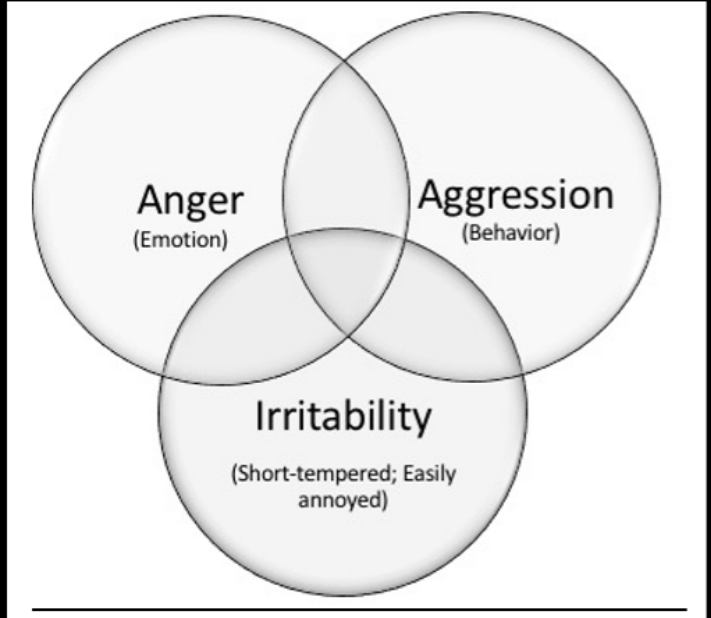
The relationship between frustration and aggression was earlier proposed by scholars like John Dollard, Leonard Doob, Robert Sears, Orval Mowrer, and Neal Miller.
In their hypotheses, frustration occurs when your efforts towards a goal are negated by an entity. Frustration may not be injurious to your mind but can lead to aggression.
Aggression on the hand occurs when your efforts towards a goal are negated, and the result (goal-response) causes some form of harm to your body or mind.
Frustration leads to aggressive behavior which is intended towards that cause of frustration, but most times, the cause is abstract, therefore the aggression is displaced on something or someone else.
What is the Relationship between Frustration and Aggression?
The relationship between frustration and aggression is that frustration is an antecedent of aggression, although aggression is not always caused by frustration but can trigger anger, the emotion that’s most linked to aggression.
How frustration thus leads to aggression and violence is that frustration leads to anger, then aggression, and now results in violence.
Some differences between frustration and aggression is that frustration is triggered by stress while aggression is triggered by hate.
Which Scenario Best Exhibits the Relationship Between Frustration and Aggression?
The following are the best scenarios that exhibit the relationship between frustration and aggression, and domestic violence.
- Mr. John accused his wife of bad luck when he got back home after he wanted to go on a business trip but the flight was canceled because of bad weather conditions.
Frustration occurs because the goal-response (canceled flight) suffers interference (bad weather conditions).
Mr john (a frustrated person) could not yell at the officials at the embassy despite being angry, but got home and displace his frustration and anger on his wife (Aggression).
- Mr. Anthony beat up his wife for inquiring about his moodiness after his business co-partner lose a contract to the best bidder.
This is another scenario that best exhibits the relationship between frustration, anger, aggressive behavior, and violence.
Mr. Anthony was frustrated because his co-partner failed to win a contract not because the company has not prepared well (a goal-response suffers interception).
The frustration led to anger which made Mr. Anthony interpret his wife’s inquiry as ‘not sensible’, then he displaced his anger on his wife (Aggression) and beat up his wife (violence).
Note that frustration does not always lead to aggression. There are different reasons one can be aggressive, and anger does not just make you pass aggression to someone, hate is most associated with the subject aggression is displaced on.
Frustration does not trigger aggression all the time, Oh yeah! right, but that’s without ‘hate’ when there’s an entity the frustrated person hates, the aggression would be passed on it.
- Chaktty, an accountant shouted at his son after his company managing director blamed him when the secretary could not type a sales pitch correctly, and Chaktty was neither in the same department as the secretary nor responsible for the poor sales pitch.
Conclusion
Frustration, aggression, and violence form a chain of behavior. Stress and disappointment are a precursor of frustration and thus lead to anger, hate, aggression, and violence.
The above-mentioned scenarios best exhibit the relationship between frustration, aggression, and violence, and with the analysis of the 3 situations, you can now understand the differences and association between frustration and aggression.
To manage domestic violence in a relationship or marriage, communication, trust, and love are the most important ingredients to strengthen love relationships and prevent violence.







